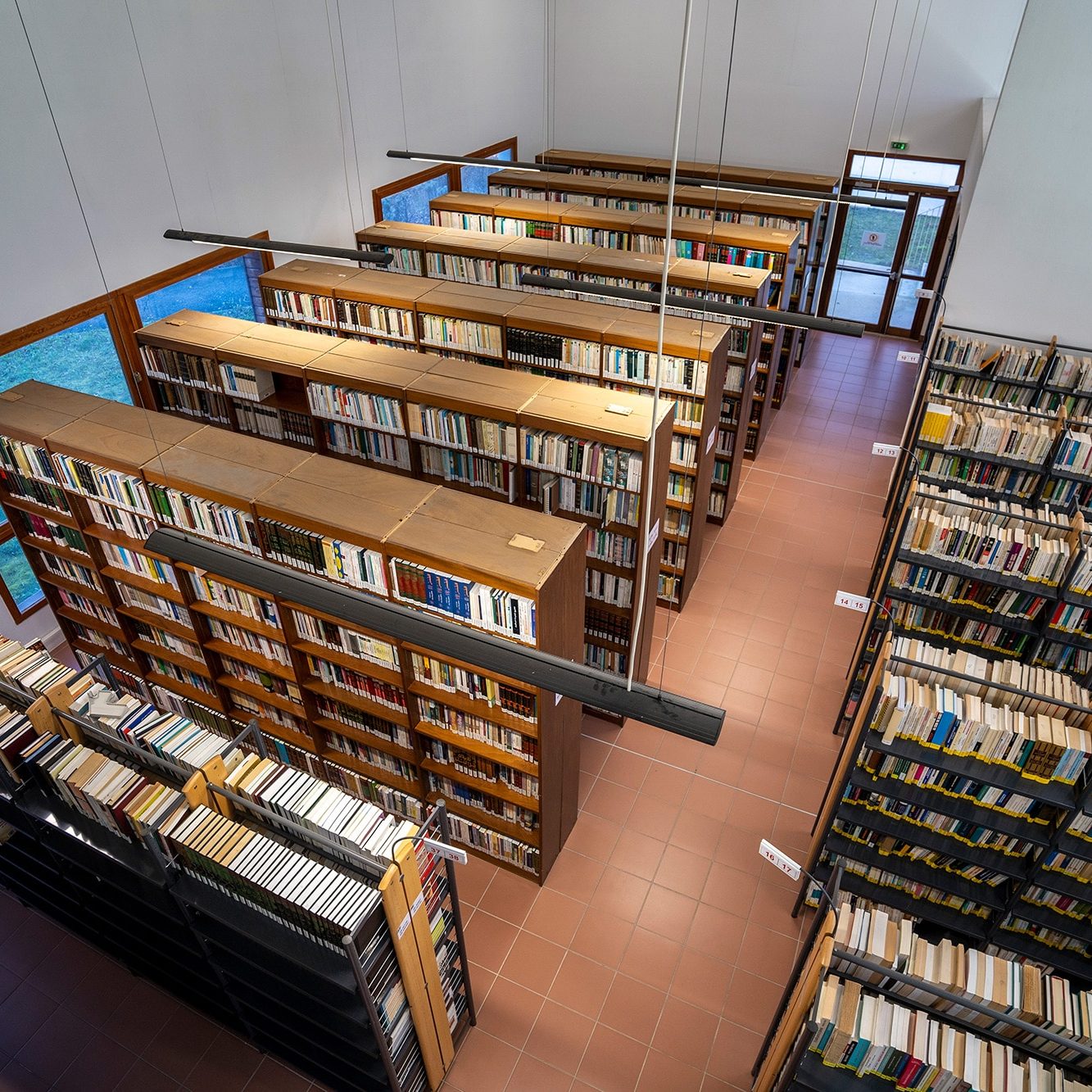Transverse axis
"Thinking about difference (cases/series, normality/exceptionality)".

This cross-disciplinary area is fully in line with the Mesopolhis laboratory's strategy, since its theme meets several objectives identified as priorities: to make the new unit a centre for reflection on the methods and processes involved in producing scientific knowledge; to encourage and promote interdisciplinary exchange on issues common to sociology, history and political science.
This cross-disciplinary area will be run by a permanent laboratory seminar, which will be able to contribute to collective projects such as the organisation of conferences, the publication of collective works or special issues in scientific journals, or responding to calls for projects.
The starting point is the observation that researchers in the humanities and social sciences are frequently confronted with the dual injunction to give an account of difference and the obligation to render it in a common language, i.e. to smooth it out sufficiently to make it comprehensible and shareable beyond the sole field of peers who are specialists in the subject. This problem is not new, of course, but it has been constantly reactivated by various factors, sometimes requiring the humanities and social sciences to readapt or at least question their analytical tools. Researchers in the qualitative humanities and social sciences, especially those involved in fieldwork or ethnographic immersion, are often obliged to provide figures, orders of magnitude and general theories when the essence of their epistemology lies in paying attention to the case, its context and its historical and social coordinates. Similarly, when researchers set out to study situations that are intensely dramatic and spontaneously perceived as 'exceptional' or 'extra-ordinary', it is difficult for them to assert the merits of the continuist hypothesis (Michel Dobry). The injunctions addressed to social sciences and humanities research by the authorities and the media are such that they can lead to the project of understanding being revoked - on the grounds that 'to understand is to excuse' (e.g. terrorist acts, riots in the suburbs) - or that of accounting for the various social logics and subjectivities at work in such 'out of the ordinary' processes (see the debates on the incommunicability of certain experiences such as mass murder, genocide or war violence).

How can we preserve the singularity and richness of contextual analyses without abandoning the formulation of general explanatory hypotheses about social trends? How can we think about the exceptionality of social phenomena without giving in to ad hoc methodologies and theorisations?
There is a great deal at stake in these questions, both in terms of the practical epistemology of the social sciences and humanities and in terms of their ability to make the voice of researchers heard beyond the confines of professional academic discourse. As far as the singularity of processes is concerned, research circles have been challenged internally, based on the claim that certain situations, certain objects or a certain way of thinking about them are irreducibly idiosyncratic. This is the position taken by currents of study that choose to break with the traditions of the SHS (as shown by the various studies of research across the Atlantic). The meetings and programmes of the Centre de Sociologie et d'Études Politiques (Centre for Sociology and Political Studies) that will lead this cross-disciplinary area will aim to examine the ways in which unprecedented, exceptional and unthought-of situations can be studied and reported on by peers and the general public. The aim will be to examine the adaptation of common analytical tools when they are confronted with singularity, and of common analytical tools when they are applied to the extra-ordinary.